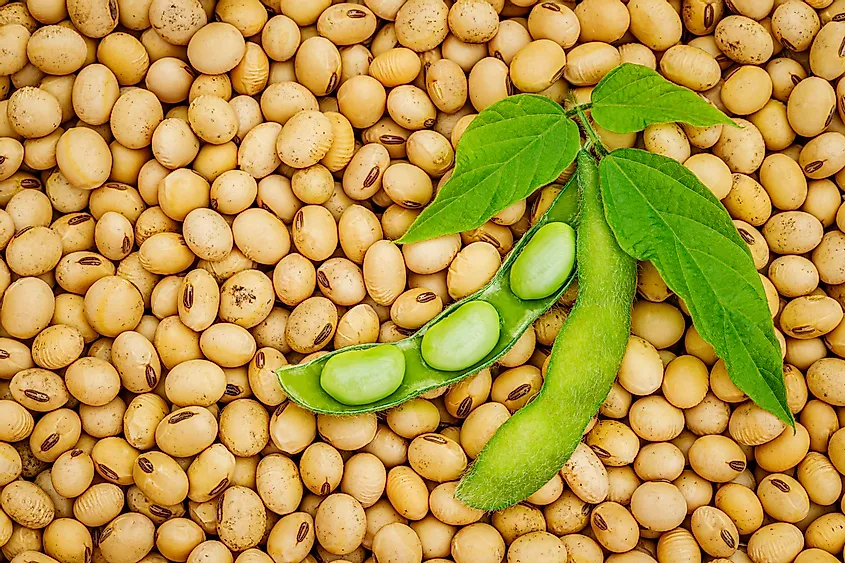I recently had a breast cancer patient tell me that her oncologist “strongly advised” her to avoid foods containing soy because they would cause her cancer to multiply. Dumbfounded that her physician was parroting information from over 20 years ago, I set about my task of reassuring the patient that there was no need to abolish soy from her diet.
Soy is a phytoestrogen, a plant compound that mimics the hormone estrogen. While phytoestrogens are analogous to estriols, the weakest form of human estrogen, they are nowhere near as powerful a growth stimulant as estradiol, the strongest of ovarian estrogens.
Furthermore, many phytoestrogens actually obstruct estrogen receptors. This prevents true estrogen from accessing the receptors and triggering a growth signal. Therefore, plant estrogens like soy can literally stop breast cancer cell proliferation and serve as valuable therapies.
By lumping all phytoestrogens into the same category, oncologists and oncology pharmacists fail to acknowledge the biochemistry of plants and foods and their medical application.
The critical factor is the relative binding affinity (RBA) of the phytoestrogen to the estrogen receptor. By definition, estradiol has an RBA of 100%. Tamoxifen, a breast cancer treatment that blocks the effects of estrogen in breast tissue has an RBA of 80%. Meanwhile, plant estrogens have RBAs that are hundreds and sometimes, even thousands of times weaker. The shape, size and electrical charge on these weak estrogens is not sufficient for the receptor to close around them. Unless the estrogen can bind and alter the receptor shape, it cannot trigger a growth signal in the nucleus of the cell.
Despite many current misconceptions surrounding soy and breast cancer, the controversy between the two was settled long ago. Quality scientific studies support women with estrogen-receptor-positive (ER+) cancers taking soy foods. Moreover, soy is highly synergistic with tamoxifen which is commonly used to treat ER+ women. In fact, a high intake of soy has been shown to reduce the risk of breast cancer recurrence by 60%.
Terry Pfau DO, HMD

